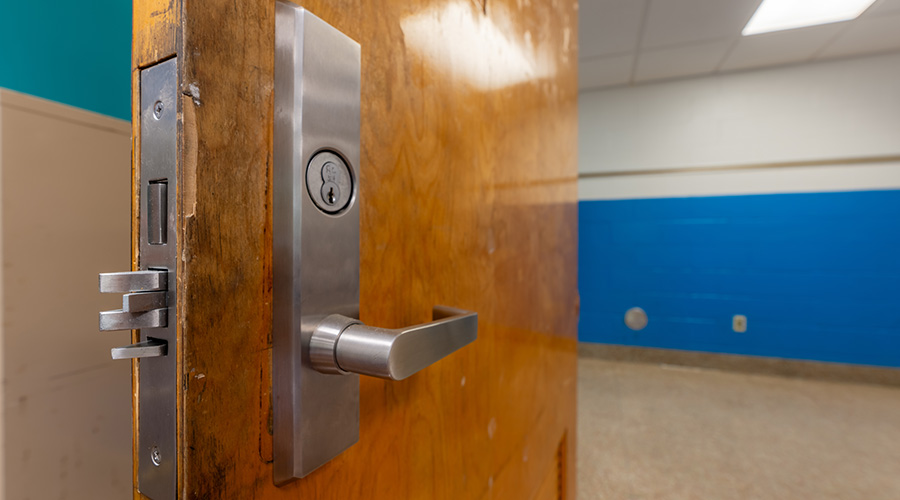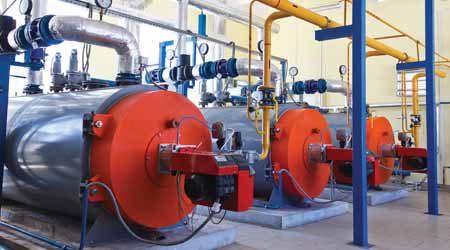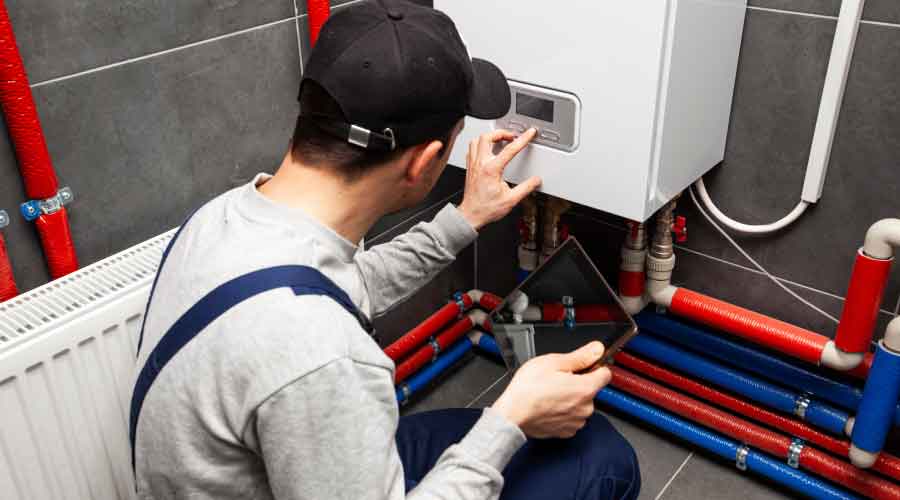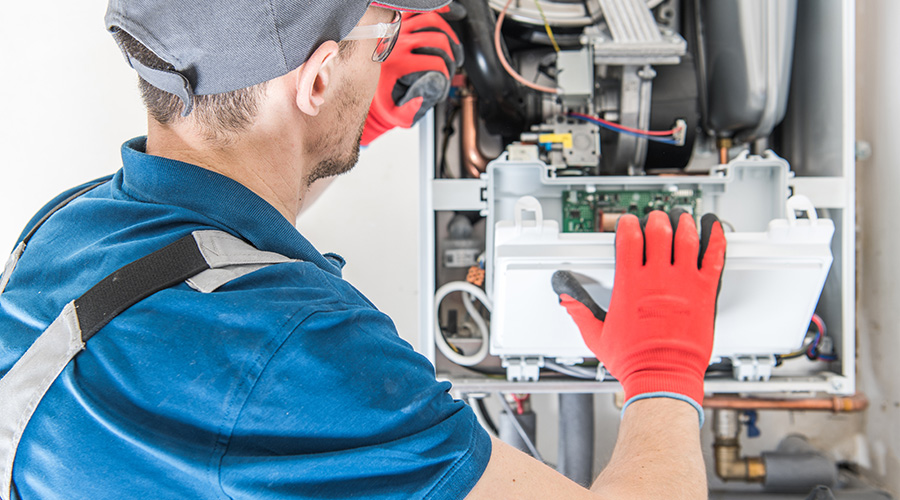Boilers: Maximizing Performance
Audits, inspection and training are essential elements of energy-efficient and reliable system operation
Boilers are essential components of many institutional and commercial facilities, which rely on boilers’ energy-efficient and reliable operation to keep occupants comfortable when colder weather arrives.
Boiler-replacement projects tend to be few and far between, so until that time comes, maintenance and engineering managers, with input from front-line technicians, need to make every effort to maximize energy efficiency and reliability by establishing a comprehensive monitoring and maintenance program for boilers.
Taking the pulse
The first step in improving boiler performance often is a walk-through audit. The purpose of the walk-through audit is to give managers and operators a sense of the most obvious problems with a heating system. The walk-through audit identifies areas of a facility:
• that are overheated or underheated
• where temperature control is insufficient or unreliable
• with an unusually high number of complaints from building occupants
• where maintenance personnel have spent an abnormally high amount of time maintaining the system.
Operators can start the audit process by visiting all areas in the building during the heating season. They should note the conditions in these spaces and how closely they match the space requirements. They also should talk to the building occupants about the conditions they experience.
Are conditions fairly consistent, or do they vary from location to location? Do space conditions vary over time? If so, identify heating systems serving the areas having the most problems.
Next, operators should review the maintenance records for heating systems and components. Where do complaints generally occur? What heating systems have required the most maintenance attention? Are technicians really performing repairs the right way, or are they only implementing quick fixes? What is the frequency of repeat calls?
By compiling information from building occupants and maintenance records, managers and technicians can begin to identify systems that have potential for improvement.
Safety and inspections
States and municipalities require boiler inspections, which offer a more in-depth, hands-on look at boiler operations. Some inspection requirements are becoming stricter, but many do not cover the entire boiler system. As a result, managers should consider them the absolute minimum requirements.
The safe operation of boilers requires that managers go well beyond these minimal, legally mandated requirements and establish a comprehensive program of inspection and testing. For example, at least once each year, boiler operators should inspect all water-side and fire-side surfaces and remove corrosion, scale, and mud. They also should inspect refractory surfaces.
Annual inspections do more than meet legal requirements. They also help to detect problems that are developing before they can grow into more costly problems.
Besides mandated requirements, managers should ensure operators and technicians complete a number of regular tasks. Specifically, they should:
• examine the boiler or domestic water heater for code compliance at least once each year
• identify and correct installation deficiencies
• inspect and test safety and interlocks for proper operation
• test the operation of the boiler control system over a range of loads
• test shutoff valves annually to confirm they close and do not leak
• check interior surfaces during the boiler’s annual inspection to ensure there is no localized overheating, erosion, or corrosion formation.
Operators will have to perform additional testing and inspections — sometimes, daily — depending on the size of the boiler and the nature of the load it serves. They should inspect the entire fuel system daily for leaks. In all cases, they also should consult with the manufacturer to determine the most appropriate test and inspection procedures for a particular unit.
Operators also should monitor the operation of the boiler’s system for treating make-up water. Chemical treatment removes impurities from the system, and the type and quantity of chemicals that operators use must match the conditions in the boiler system, as well as the quantity and quality of the make-up water required.
One of the most important tools in ensuring technicians operate and maintain boilers properly is the boiler log. By entering data into the log regularly, operators can spot developing problems they otherwise might not detect. But entering the data is only part of the process. Operators also must review the logs regularly to detect those trends.
Related Topics:













